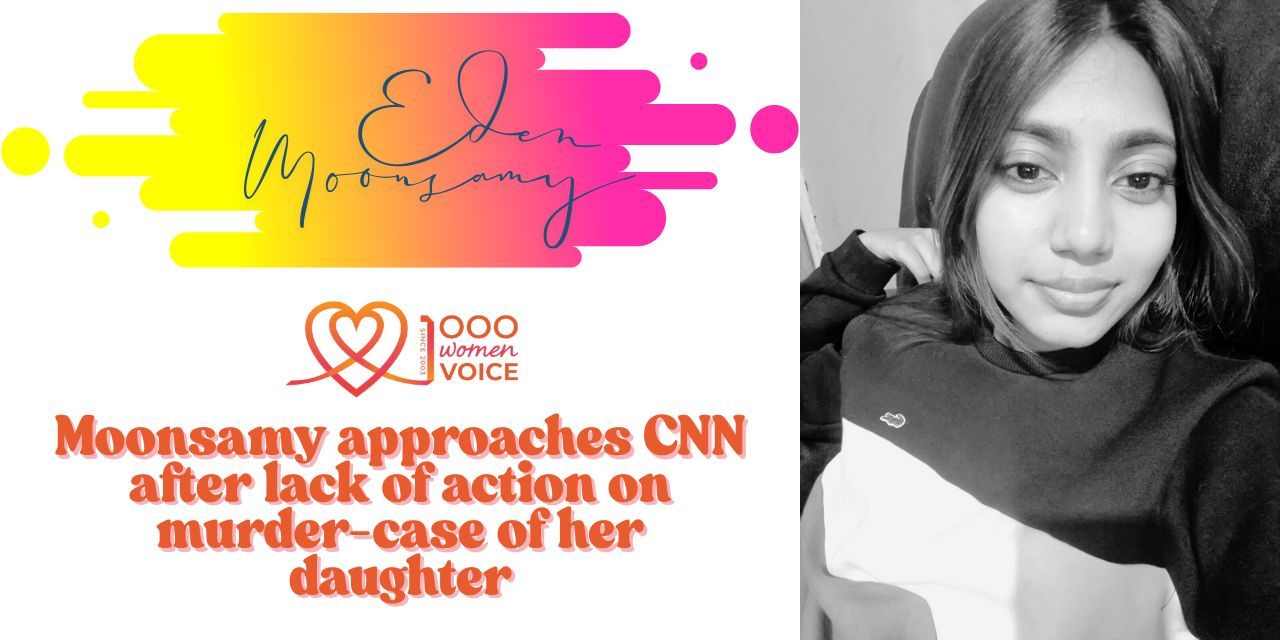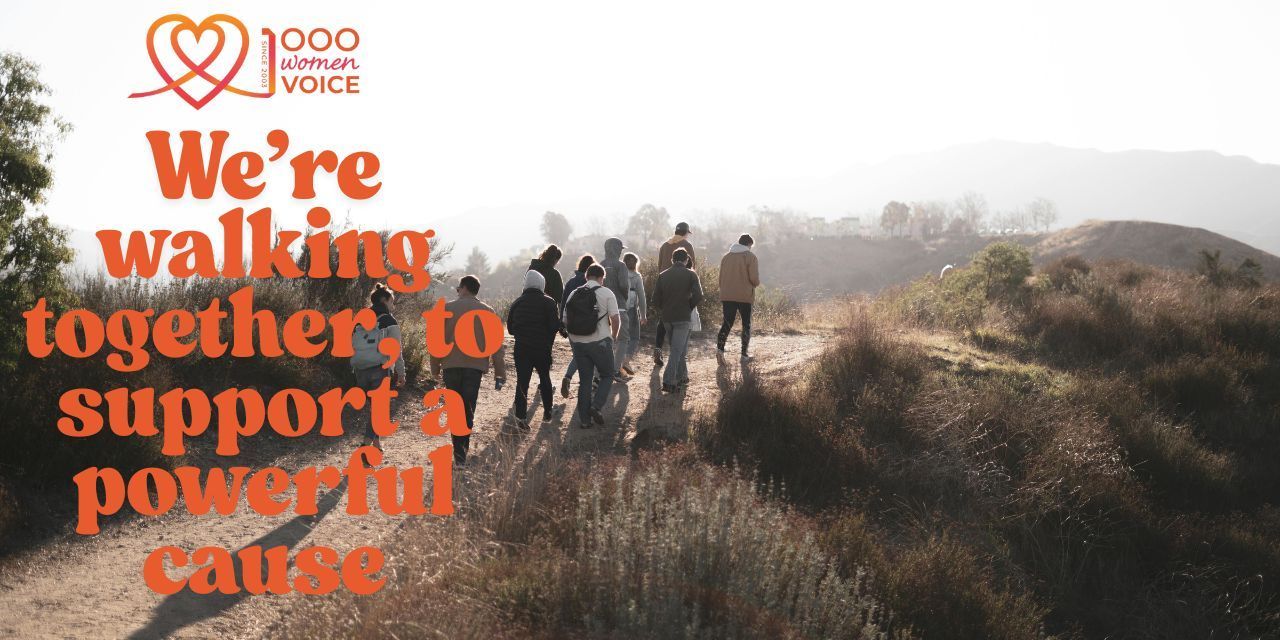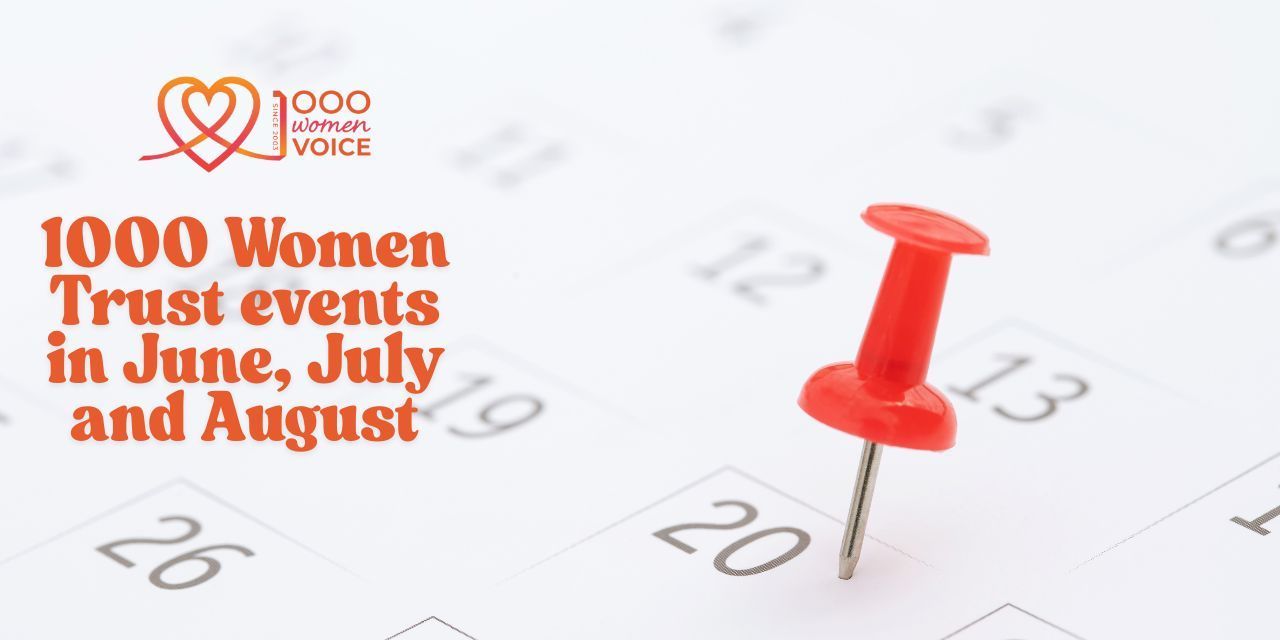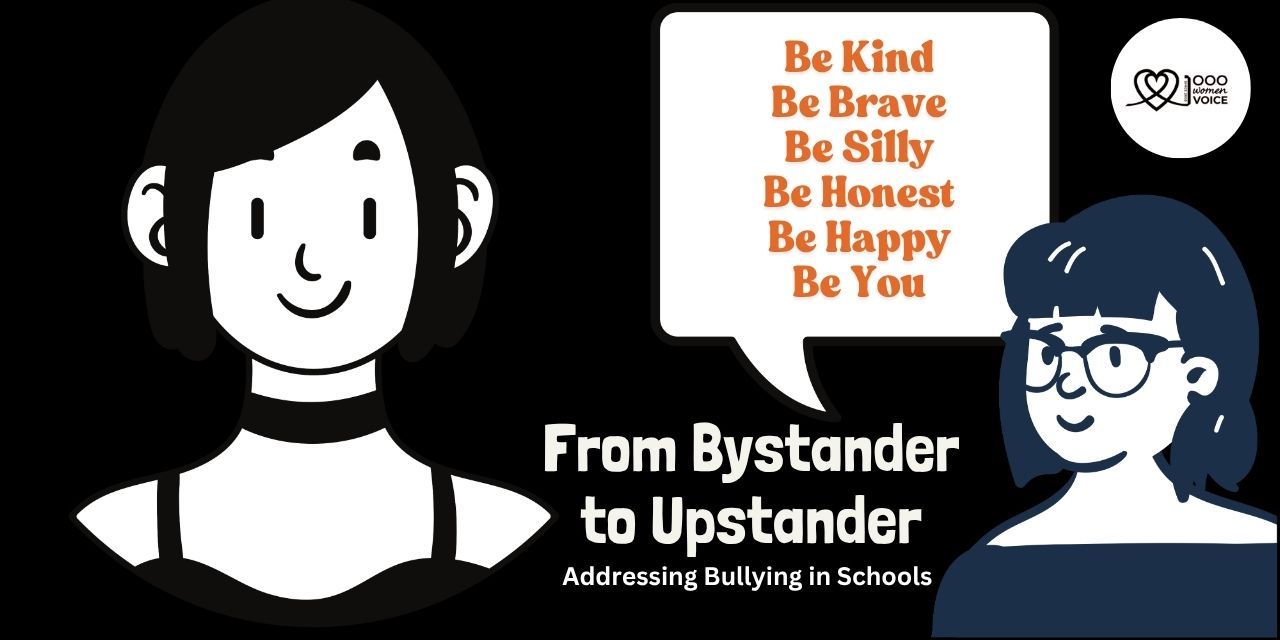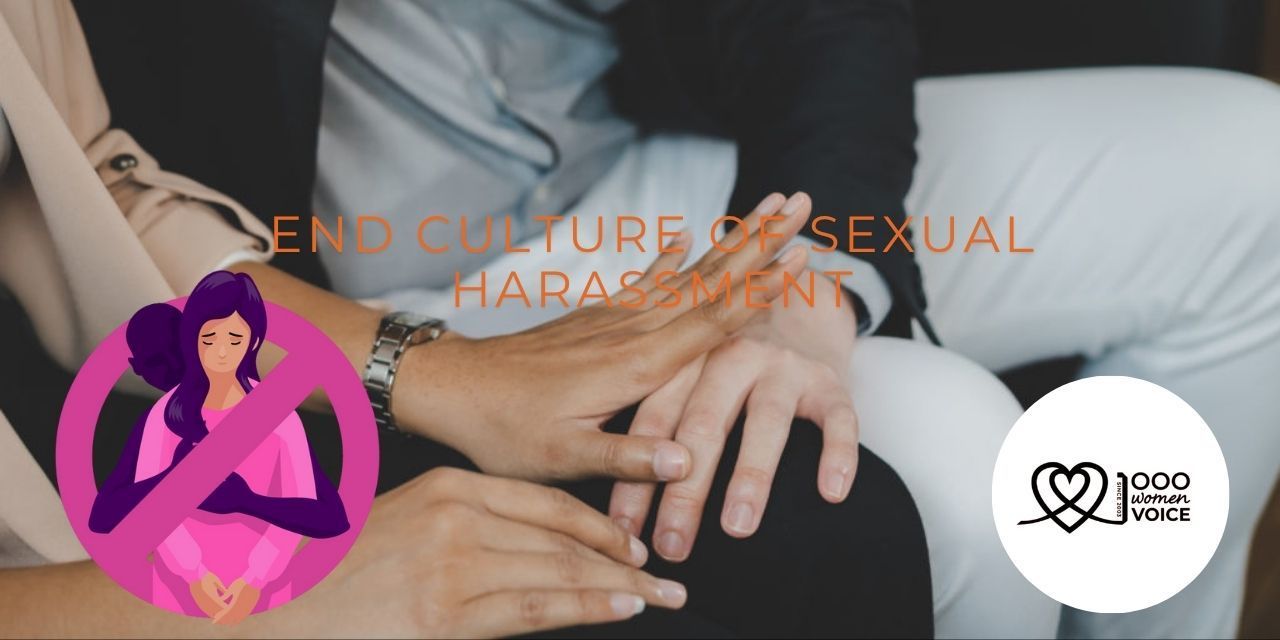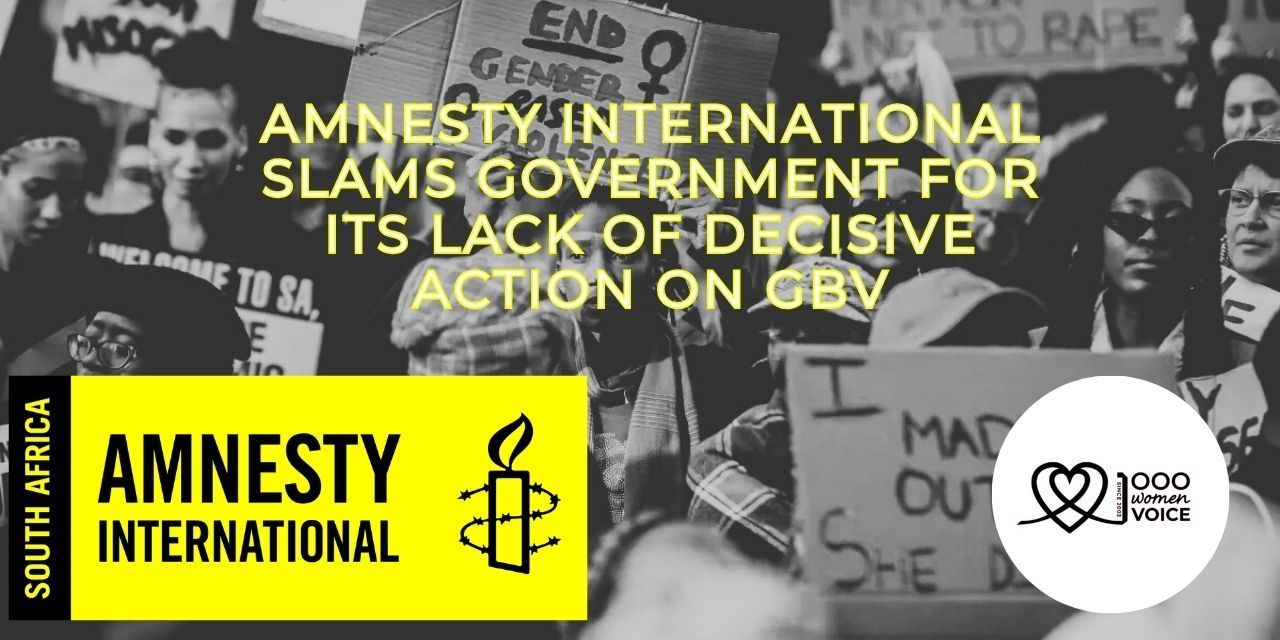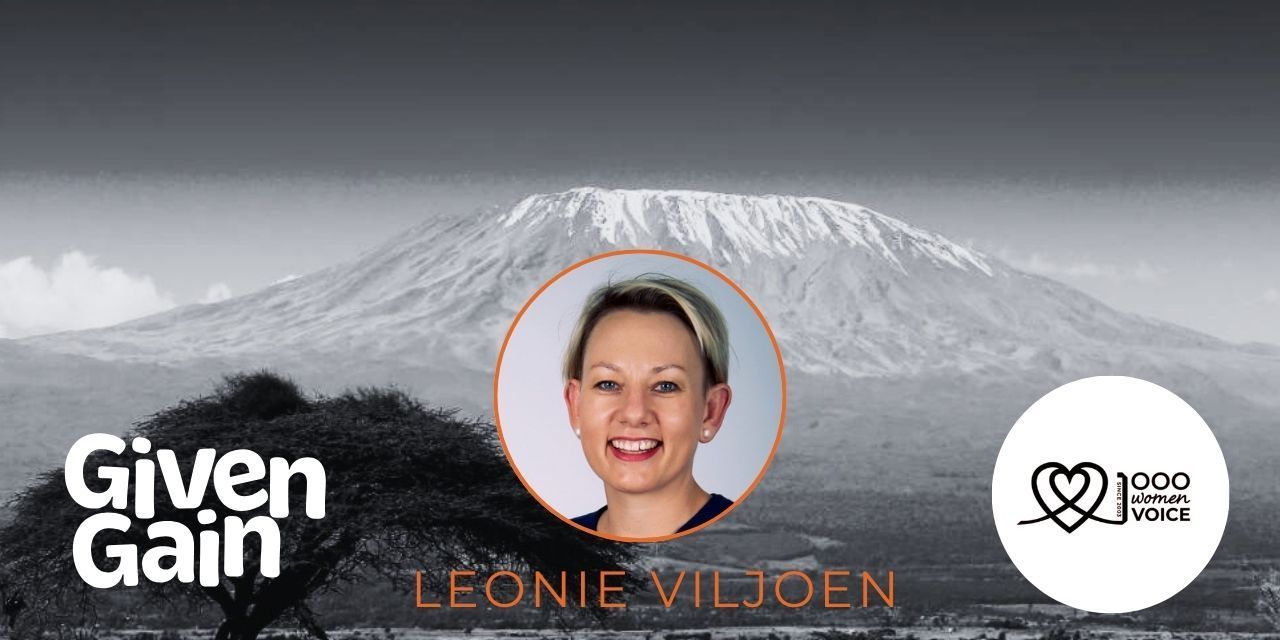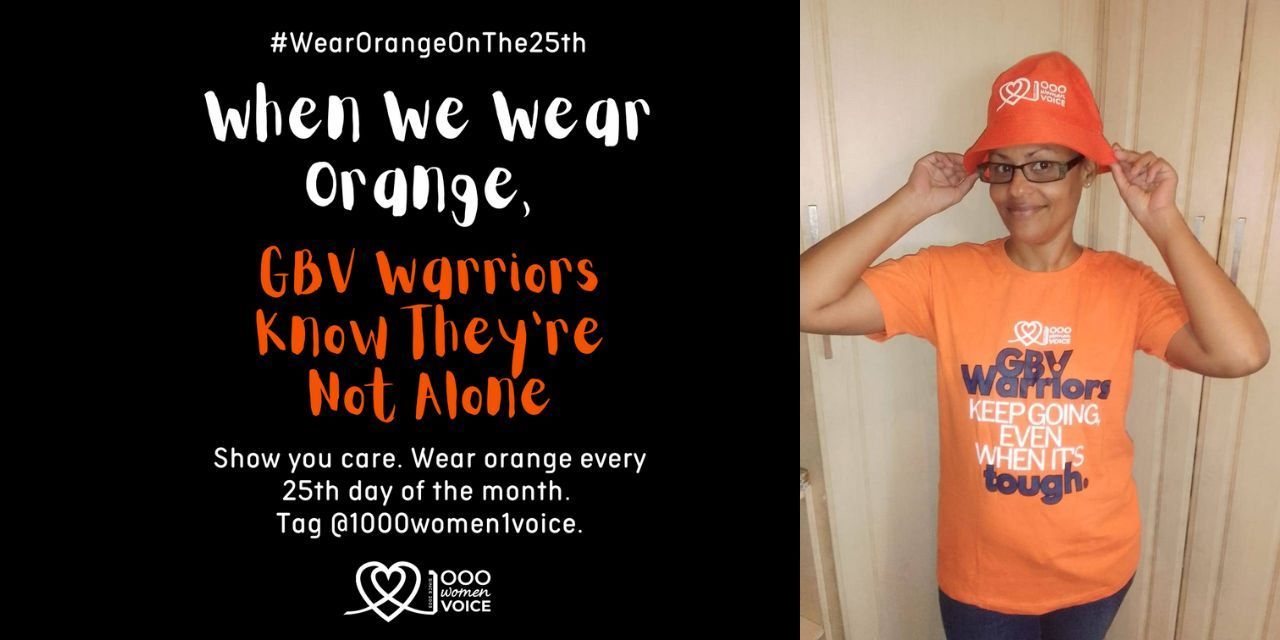GBV survivors set to help make vegetable farm an economic powerhouse
CAPE TOWN. – In a ground-breaking initiative that will not only rehabilitate at least 100 survivors of gender-based violence per year but is set to equip them as prospering vegetable farmers in the agricultural heartland of the Sandveld in the Western Cape, the women-led organization 1000 Women Trust is partnering with the Ruben Richards Foundation and Namakwaland Sitrus to establish a restoration centre and a joint venture that will take economic empowerment of women to a new level.
Dr Ruben Richards, executive chairman of Namakwaland Sitrus and founder of the non-profit organisation, the Ruben Richards Foundation, and Tina Thiart, founder member of 1000 Women Trust, spearheaded the formation of a partnership.
It focuses on the establishment of a new farm, known as 1000 Women Farm, which will accommodate 100 survivors of gender-based violence in a restoration centre.
Gender-based violence in South Africa is rampant. From January to March 2021, 9518 cases of rape were reported to the South African Police. A South African woman is the victim of femicide every three hours. In terms of poverty, 52.2 % of women in South Africa fall below the Upper Bound Poverty Level (an income of R1183 per month).
Namakwaland Sitrus is a diversified commercial agricultural business and grows vegetables and citrus across its 400 hectares of farms.
“We have decided to reposition the vegetable portion of our land for the benefit of survivors of gender-based violence,” said Richards. “It is a labour-intensive industry where we will not only create and grow jobs, but also create room for therapy of traumatized people.”
The women who will be accommodated at the restoration centre will undergo a 12-month rehabilitation program.
“1000 Women Trust will not solely be our therapeutic partner but also our business partner. The new farm, registered as 1000 Women Farm, will be owned by 1000 Women Trust (60% share) and by Namakwaland Sitrus (40% share).
“The women who live in the restoration centre will be employed on the farm as part of their healing process. We are not only in the business of farming, but healing, which is actually our core business,” Richards added.
“We want to leverage our business to bring about healing in our agricultural sector and indeed our country – that is where our passion is.”
“We will combine the therapy with practical skills in the agricultural sector – that includes business, entrepreneurial, agricultural and computer skills. The message to the women will be that if they want to move to the level of economic independence, they must possess the skills to make themselves more employable, and we are ready to assist wherever we can,” Richards remarked.
The work experience will take the participants from working with their bare hands in the soil, to a level of learning to operate the heavy machinery required by the operations on the farm.
The vision is that within the space of a decade, the farm will be completely owned and managed by the women – they will be employed in financing, human resources, planting, marketing, selling and exporting, Richards explained.
Women will also be utilized as sole proprietors in becoming distribution hubs for vegetables and other products from the agricultural enterprise.
The HGG Groups of Companies will serve as a training provider with SETA accredited training programs.
Thiart said the farm and restoration centre which will be located close to Graafwater in the Cederberg Region is not merely a shelter that shields survivors from the impact of gender-based violence and affords survivors the mechanisms to escape the cycle of abuse and avoid self-destructive harm. It is much more than that. They will extend their recovery program for a period of 12 months in which they will enroll in trauma training courses and other therapeutic skills to accelerate their recovery process.
Through skills development the survivors will have greater access to jobs and increase financial independence. By staying on the farm they will also have the opportunities to broaden their skills and become economic self-sustaining entrepreneurs.
1000 Women Trust will embark on the therapeutic program in collaboration with the Ruben Richards Foundation that restores and empowers traumatized communities so that they may realize their full potential.
1000 Women Trust raises awareness around gender-based violence, rape and abuse and mobilize resources. These resources make it possible for the Trust to assist women-led organizations with grants and skills development.
Through the profit generated as partner of Namakwaland Sitrus, 1000 Women Trust will also be able to expand some of the everyday-activities of the Trust, including the running of 45 community soup kitchens, extending the Trust’s service to even more schools and teachers through an anti-bullying toolkit, extend their skills development services and facilitate more focus groups to amplify the voices of women who have survived gender-based violence, Thiart said.
“Through this partnership, we as 1000 Women Trust that is in the business of empowering survivors of gender-based violence, will reposition ourselves as an organization to broaden and deepen our South African footprint especially in the rural areas,” Thiart added.
